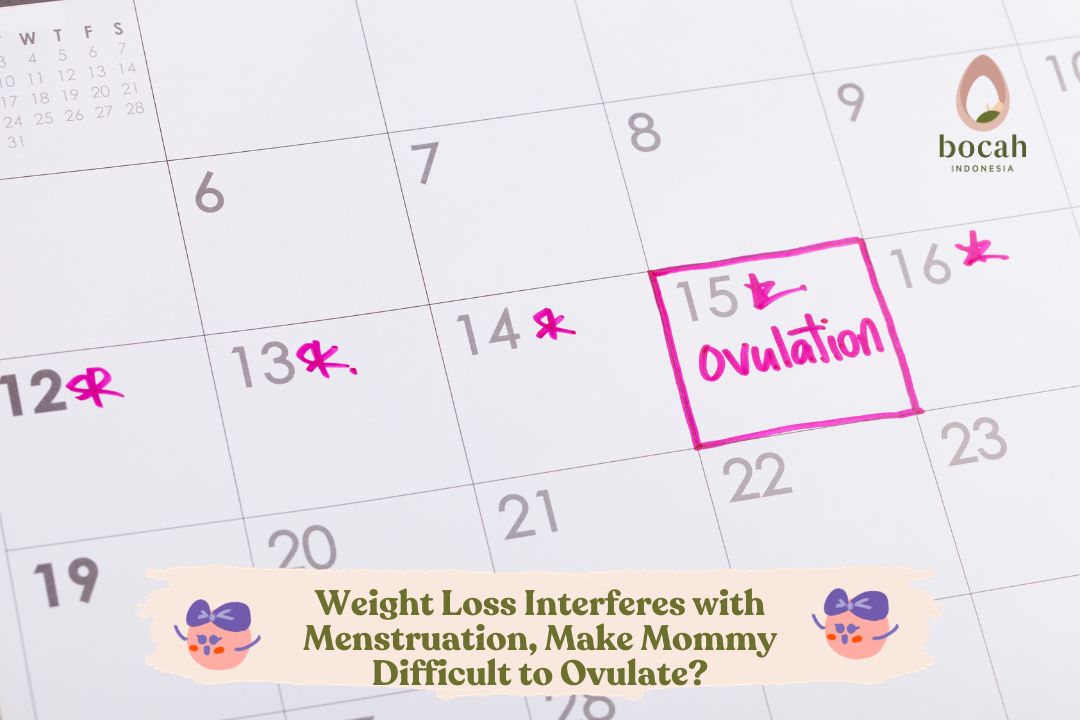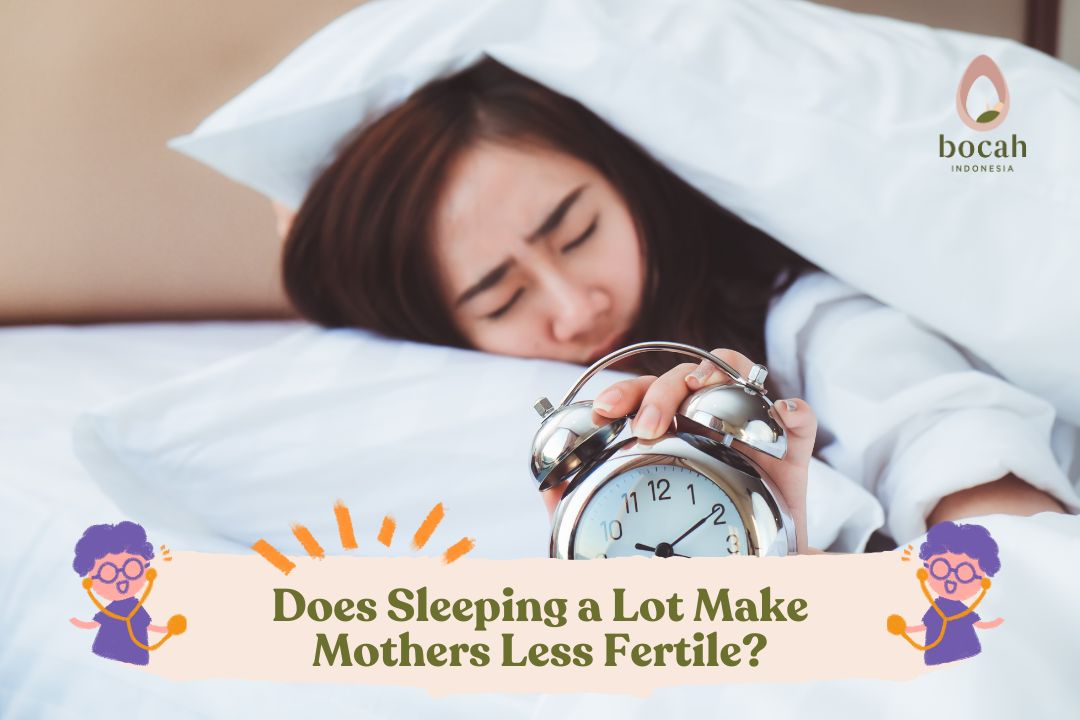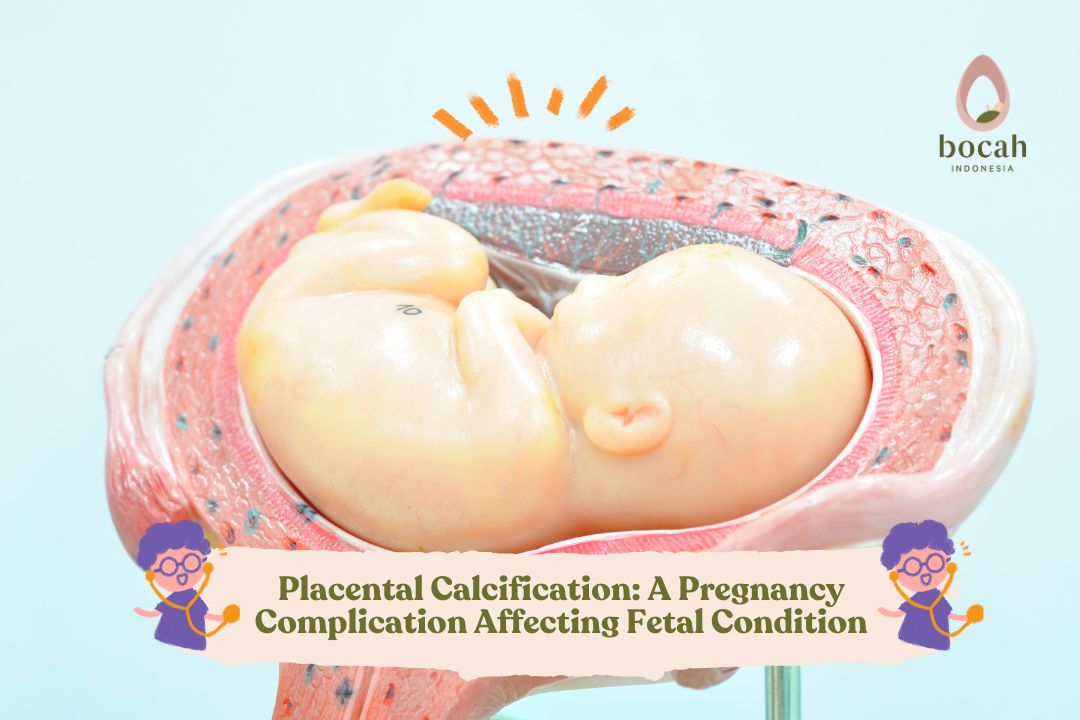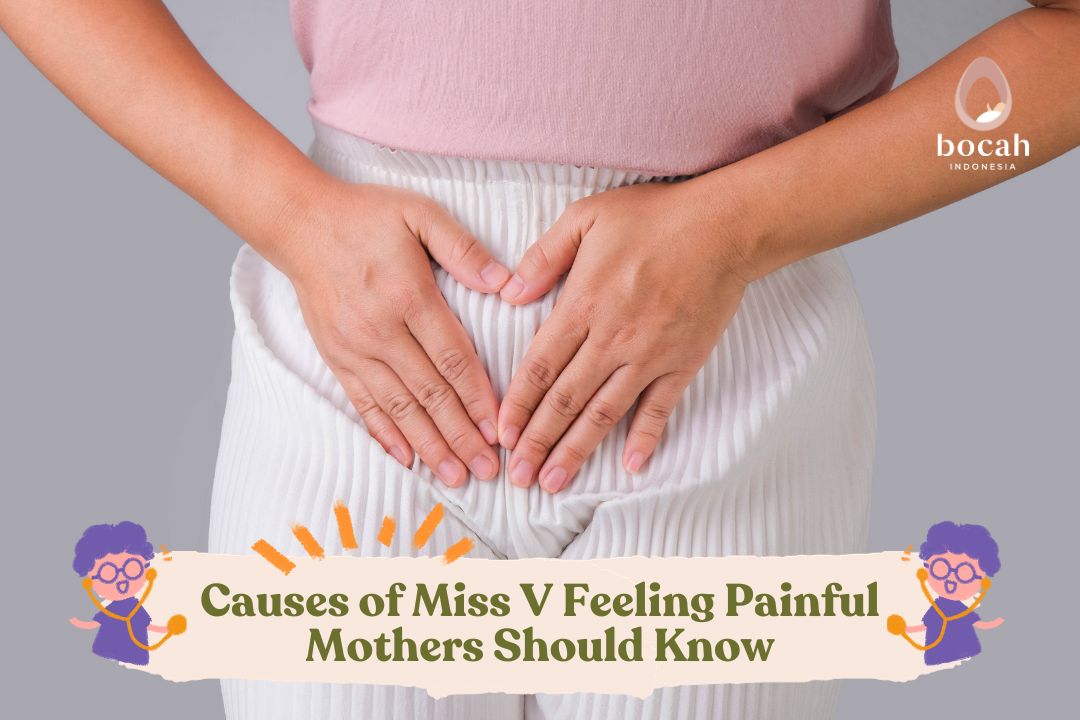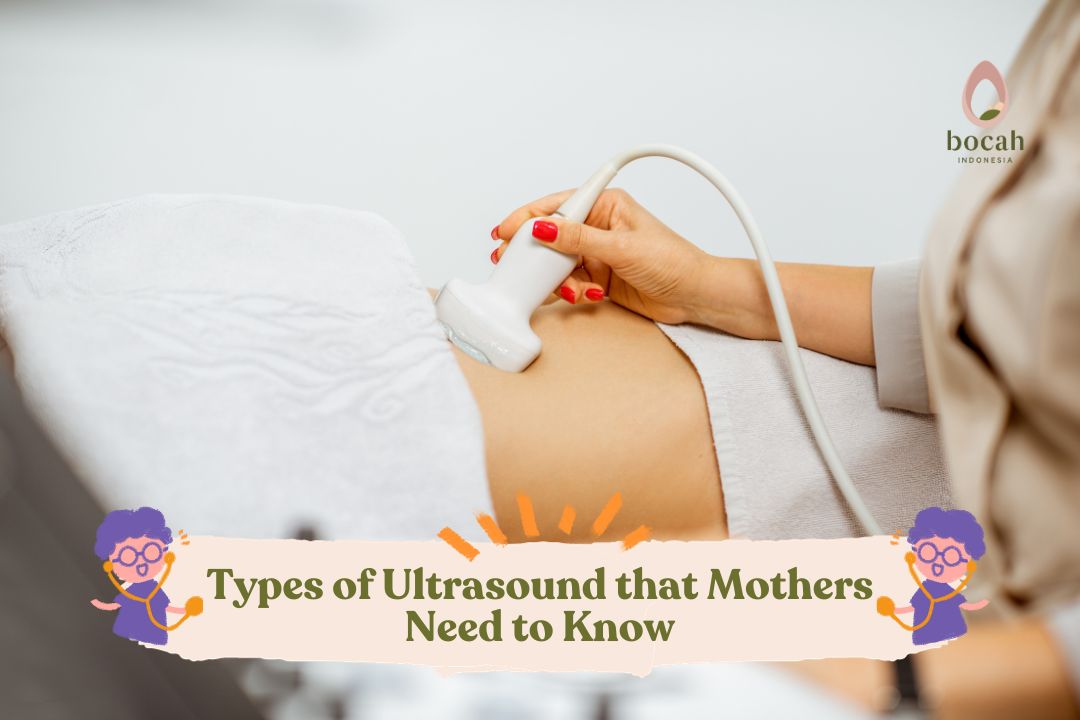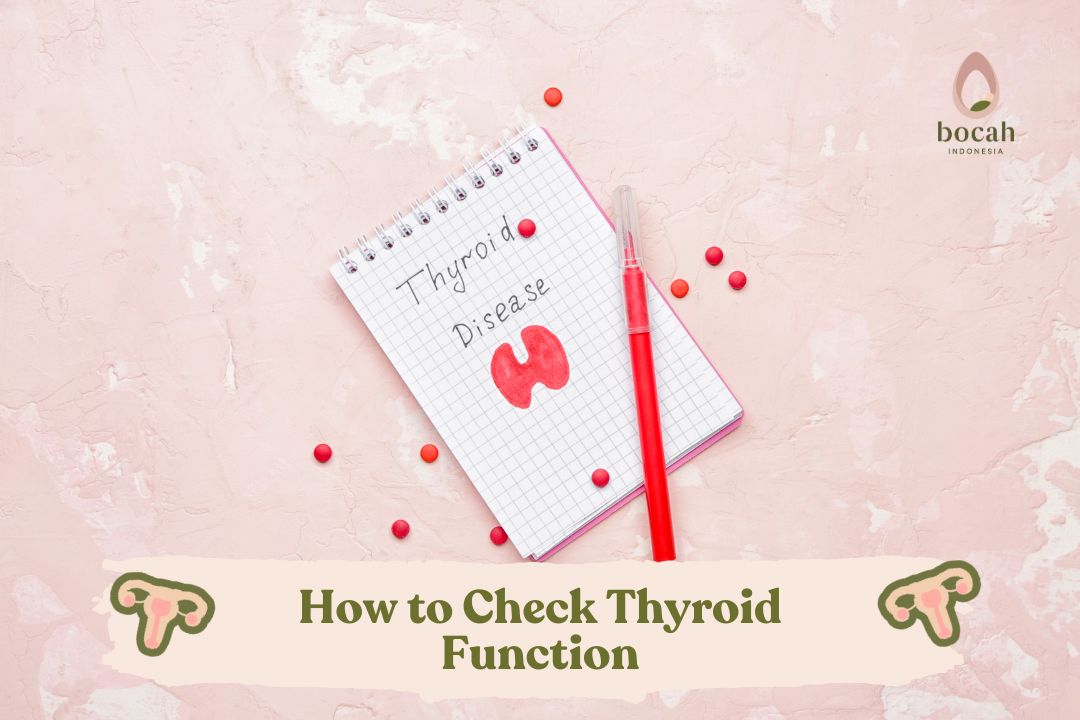Caution, Risk of Eclampsia in Expectant Mothers with Twins
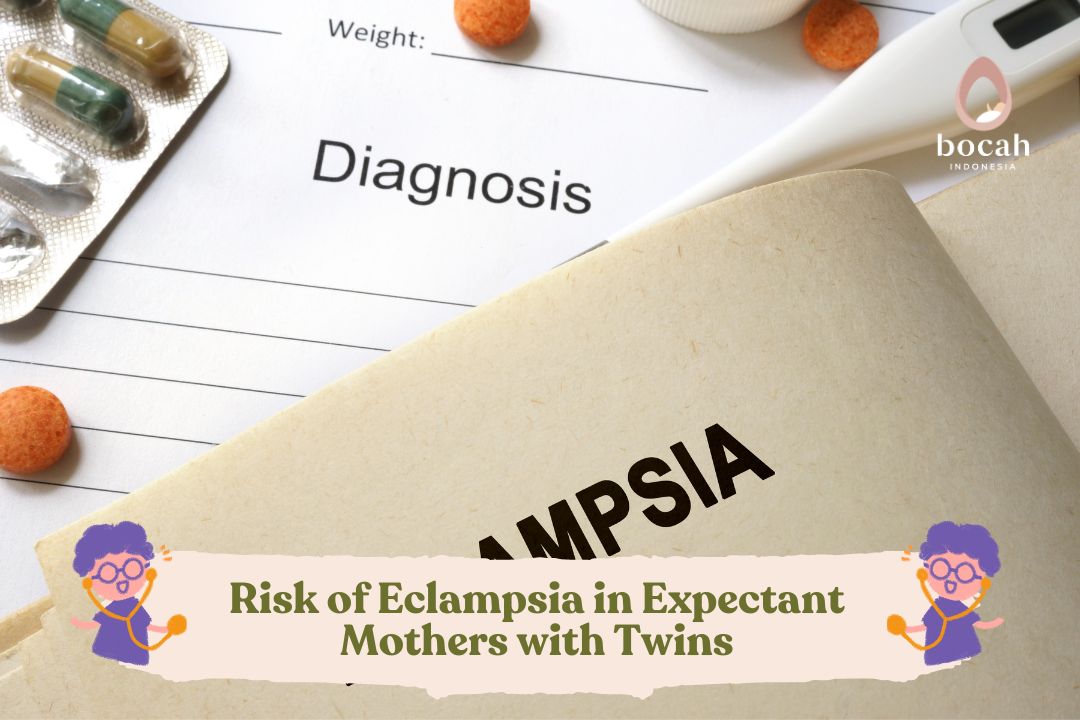
Eclampsia is a serious medical condition during pregnancy. Find out its symptoms, risk factors, and prevention measures here.
Eclampsia can affect any expectant mother, regardless of age or background. Although it may seem like a rare occurrence, mothers should not underestimate the symptoms of eclampsia.
Behind the discomfort that may be considered common, there is a serious risk that can threaten the health of both the mother and the unborn baby. To further understand what eclampsia is and why mothers should not ignore its symptoms, let’s explore the following explanation.
Explanation of Eclampsia
Eclampsia is a rare but serious condition that can occur in pregnant women who have preeclampsia. Preeclampsia itself is a pregnancy disorder in which the mother experiences high blood pressure and protein levels in urine.
Eclampsia occurs when a mother with preeclampsia suddenly experiences seizures during pregnancy. High blood pressure (from preeclampsia) puts pressure on blood vessels. This can lead to swelling in the brain, which may result in seizures.
Tanya Ferly tentang Promil?
Usually, eclampsia occurs after the 20th week of pregnancy. This is a rare case and affects less than 3% of mothers with preeclampsia. Eclampsia can pose serious problems during pregnancy and requires immediate medical attention.
Differences Between Preeclampsia and Eclampsia
Eclampsia is a severe form of preeclampsia that can cause seizures. It is considered a complication of preeclampsia but can occur without any signs of preeclampsia.
These seizures can lead to confusion, loss of orientation, or even cause pregnant mothers to fall into a coma. In some cases, this condition can result in a stroke or even death.
In most situations, preeclampsia can be managed before it develops into eclampsia. Obstetricians will closely monitor the mother’s condition during pregnancy and may prescribe medications.
Risk Factors and Symptoms of Eclampsia
The biggest risk factor for eclampsia is preeclampsia. Although most mothers with preeclampsia do not experience eclampsia, mothers may have a higher risk of eclampsia if:
They are pregnant with twins.
They have autoimmune conditions.
They have an unhealthy diet or obesity (BMI over 30).
They have diabetes, hypertension, or kidney disease.
They are under 17 or over 35 years old.
It is their first pregnancy.
There is a family or personal history of preeclampsia or eclampsia.
Seizures are common symptoms of eclampsia. Many mothers will experience warning signs before experiencing eclampsia-induced seizures. Some of these warning signs include:
Severe headaches.
Difficulty breathing.
Nausea or vomiting.
Difficulty urinating or infrequent urination.
Abdominal pain (especially on the upper right side).
Blurred vision, double vision, or loss of vision.
Swelling of the hands, face, or ankles.
If the aforementioned signs are experienced before eclampsia-induced seizures, here are some other symptoms that mothers may experience due to eclampsia:
Severe difficulty or confusion.
Loss of consciousness.
How Is Eclampsia Diagnosed?
Obstetricians diagnose eclampsia based on the seizures experienced by the mother. The doctor will perform a physical examination, blood tests, and regular blood pressure monitoring. The doctor will also conduct urine tests to check for an increase in protein in the urine.
Blood tests can indicate abnormal factors such as red blood cell count or platelet count.
Urine tests usually show a high amount of protein in the mother’s urine.
Creatinine tests, creatinine is a waste product typically filtered out of the blood by the kidneys. Abnormal creatinine levels can be a sign of kidney failure.
Healthcare providers will monitor the fetus and examine heart rate, movement, size, and other factors through ultrasound to ensure that the fetus can cope well with pregnancy.
Treatment for Eclampsia
The best treatment for eclampsia is childbirth. If the fetus has reached 37 weeks of pregnancy or more, inducing labor is usually the best option. You can still have a normal delivery if both you and the fetus are stable.
Your obstetrician may prescribe medications to manage eclampsia during pregnancy, such as:
Anti-seizure medication or magnesium sulfate infusion to prevent seizures.
Blood pressure medication to lower high blood pressure.
Corticosteroids to help the fetal lung development and strength.
Most mothers recover from eclampsia after giving birth. There are several things you can do to aid in the recovery process:
Eat healthy foods.
Stay as active as possible.
Get enough rest.
Attend all your prenatal appointments.
Avoid stressors.
Take all medications as prescribed by your doctor.
Monitor your blood pressure carefully at least two weeks after giving birth.
Preventive Measures for Eclampsia
Seeking treatment for preeclampsia can reduce the risk of developing eclampsia. Receiving medical care promptly, attending all prenatal appointments, and adopting a healthy lifestyle can also help reduce your risk.
Certain conditions (some beyond your control) can increase the risk of preeclampsia and eclampsia. Starting low-dose aspirin in the first trimester may reduce the risk of preeclampsia if you are at higher risk. However, taking any medications during pregnancy needs consultation with a doctor first.
Can You Get Pregnant Again After Eclampsia?
The decision to become pregnant again after experiencing eclampsia should be discussed on an individual basis between you and your obstetrician. Most mothers who have had eclampsia can become pregnant again and have a healthy pregnancy, but there are some things to consider:
Consultation with a Doctor
Before planning your next pregnancy, it is essential to consult with an obstetrician. This is because the doctor can assess your health risks and provide appropriate advice.
Close Monitoring
During your next pregnancy, you may be monitored more closely to check blood pressure, protein in urine, and signs of preeclampsia or eclampsia.
Regular Prenatal Care
Following regular prenatal care is crucial. Regular prenatal appointments allow the doctor to monitor the progress of your pregnancy and identify potential issues quickly.
Healthy Lifestyle
Adopting a healthy lifestyle, including a balanced diet, regular exercise, and stress management, can help reduce the risk of pregnancy complications.
You may also need to take specific medications or supplements as directed by your doctor, especially if you have certain underlying health conditions that need to be addressed.
Blood Pressure Monitoring
Regularly monitoring your blood pressure and reporting any changes or suspicious symptoms to your doctor is a vital step in maintaining your health during pregnancy.
Remember that every pregnancy is unique, and specific recommendations will depend on your individual health and medical history. Therefore, discuss your plans for a informed and safe pregnancy with your obstetrician.
That concludes the explanation of what eclampsia is and its treatment and prevention. If you and your partner are seeking information regarding fertility issues, pregnancy programs, or IVF programs, read the complete information only at Bocah Indonesia.
This article has been medically reviewed by Dr. Chitra Fatimah.
Source:
- Rana, S., et al. (2019). Preeclampsia: Pathophysiology, Challenges, and Perspectives. Circulation Research, 124, pp. 1094−112. https://pubmed.ncbi.nlm.nih.gov/30920918/
- Peres, M., Mariana, M. & Cairrão, E. (2018). Pre-Eclampsia and Eclampsia: An Update on the Pharmacological Treatment Applied in Portugal. Journal of Cardiovascular Development and Disease, 5(1), pp. 3. https://www.ncbi.nlm.nih.gov/pmc/articles/PMC5872351/
- National Institutes of Health (2022). National Library of Medicine. Eclampsia.
- Ross, M. Medscape (2022). Eclampsia.
- Ross, M. Medscape (2019). Which Medications are Used in the Treatment of Eclampsia?



